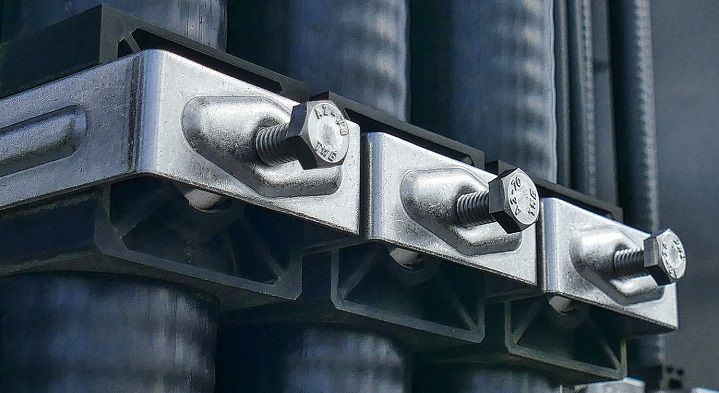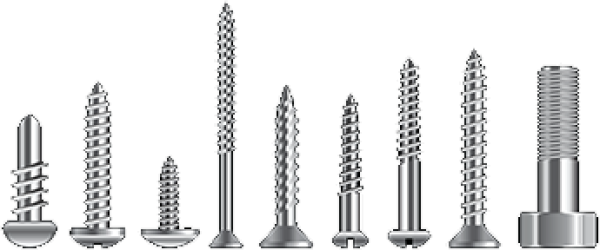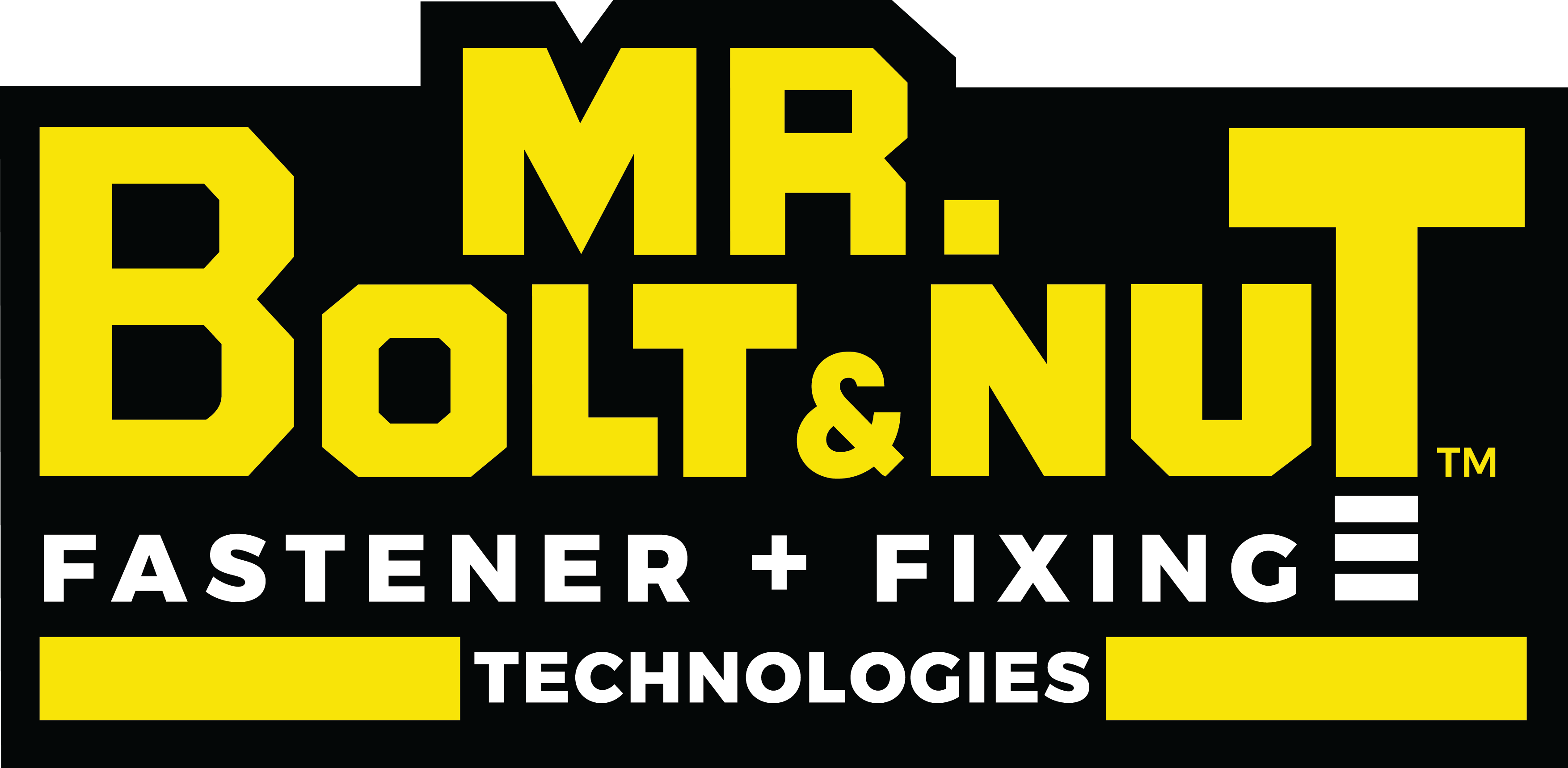
Stainless Steel Fasteners – Some things you probably didn’t know
When you need to buy stainless steel fasteners, it is a good idea to know as much as you can about them to help you make the right choice for your project or intended application. This is important since it makes it easier for you to understand what you can expect out of them. So rather than the risk of wasting money or advising a customer incorrectly, read on, particularly if the intended use is for the long term.
Stainless Steel Fasteners can still Corrode
One of the major selling points of stainless steel bolts, nuts and screws and other similar products is the fact that they do not corrode. However, the fact is that this quality usually depends on other variables. In order to be protected from corrosion, the chromium in stainless steel reacts with oxygen and produces a thin, dense layer of chromium oxide (Cr2O3) on the surface of the stainless steel. This thin layer of chromium oxide prevents the penetration of oxygen and moisture or other corrosive materials from making contact with the underlying material. It is when the stainless steel is exposed to low oxygen levels and the thin, dense layer of chromium oxide has not formed, that the metal can corrode.
Not all Stainless Steel Fasteners are Non-Magnetic
Stainless steel fasteners are usually thought to be non-magnetic, which makes them ideal for use in scenarios where this quality is needed. However, this is not always the case. Most alloys used in making stainless steel have a little magnetism. Only a handful of stainless steel types including 316 are made in such a manner that they are completely not magnetic, making them ideal for use in a scenario where this quality is needed. This means that if your intended use requires the fasteners to have no magnetic properties, you will need to pay attention to the grade of stainless steel fastener you order, grade 316 being the most commonly available in fasteners for non-magnetism.
Stainless Steel Fasteners are Self-Repairing
One of the major benefits of stainless steel is the fact that the protective surface it has is usually self-repairing. When it is damaged by scratches, the exposed inner layer of the material will react with oxygen to form a new layer which will then protect the underlying material. This essentially means that you need not worry about scratches increasing the risk of corrosion when using stainless steel.
These are just a few of the little-known facts about stainless steel. Contact us for help with all your fastener needs

